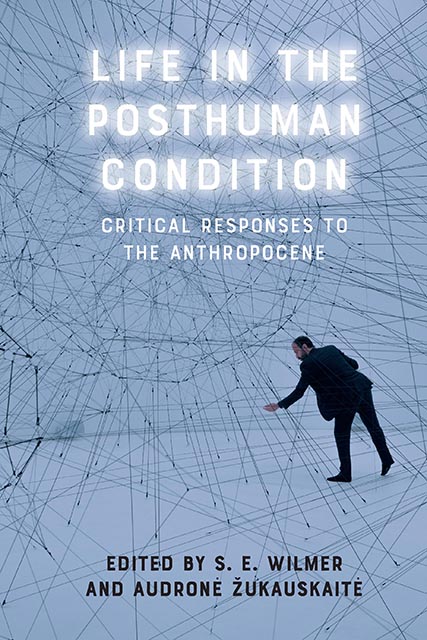11 - Materialism, the Spiritual and the Scalar
Published online by Cambridge University Press: 20 October 2023
Summary
Introduction: from the new materialism to the old new spiritualism
Several contemporary approaches in both ontology and philosophy of mind (especially concerning the mind-body relation) have gathered under the banner of a ‘new materialism’ in the first two decades of the twenty-first century. Though this particular title covers a wide range of materialisms variously espoused through biology, neurology, physics, computer science and even mathematics, they have nonetheless become part of mainstream European thought in many circles. More broadly still, ‘materialism’ as such – be it ‘new’ or ‘old’, ‘historical’, ‘transcendental’ or even ‘performative’ – today represents the received wisdom in much contemporary philosophy. By contrast, what might be called ‘spiritual’ or ‘spiritualist’ philosophy is (ironically) all but dead in these fields. If there is a spiritual life for ‘continental’ philosophy, it keeps itself well hidden. Whereas small corners within Anglo-American ‘analytic’ philosophy have of late attempted to rehabilitate the spiritual – or consciousness – through panpsychism (in the work of Galen Strawson and David Charmers, for instance), or the process thought of Whitehead and his heirs, the European approach, with some exceptions, seems happiest when keeping a safe distance from anything with even a hint of the immaterial about it. Yet, as we will see, there are even more heterodox models of mind and life available to us than these Anglo-American views, ones that might be sustained without necessarily being accompanied with such (incompatible) associates as the immaterial, the ideal or the disembodied.
The most significant and current European materialism is undoubtedly what calls itself ‘new materialism’. It is built upon two premises that are noteworthy for us. The first concerns what counts as ‘new’ in its understanding of matter. Though Christopher Gamble, Joshua Hanan and Thomas Nail argue in their 2019 study of the movement that ‘there is currently no single definition of new materialism’, they do add that they share a ‘perceived neglect or diminishment of matter in the dominant Euro-Western tradition as a passive substance intrinsically devoid of meaning’ (Gamble et al. 2019: 111).
- Type
- Chapter
- Information
- Life in the Posthuman ConditionCritical Responses to the Anthropocene, pp. 222 - 240Publisher: Edinburgh University PressPrint publication year: 2023



